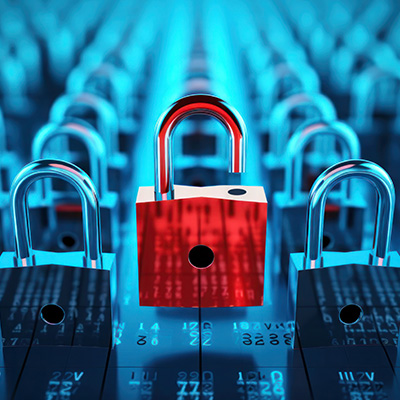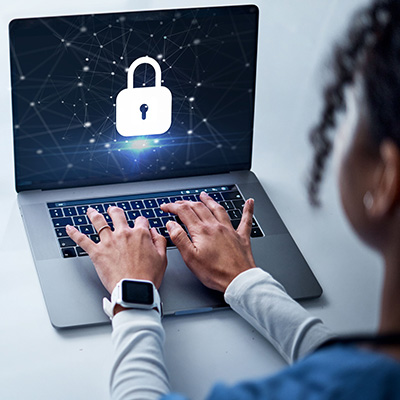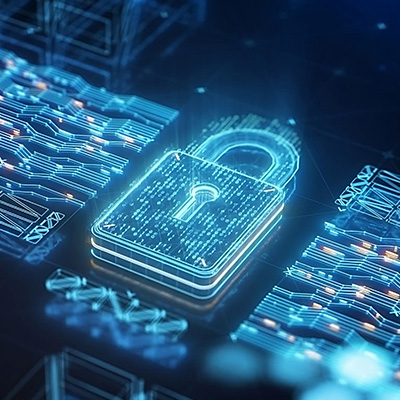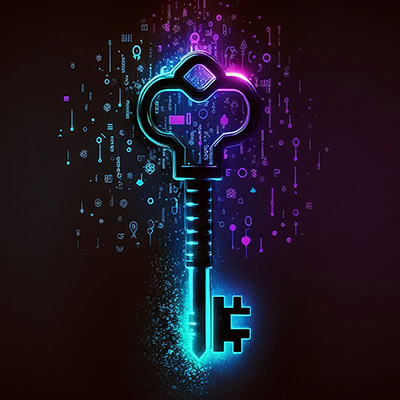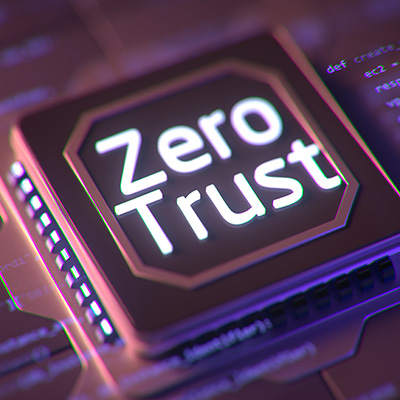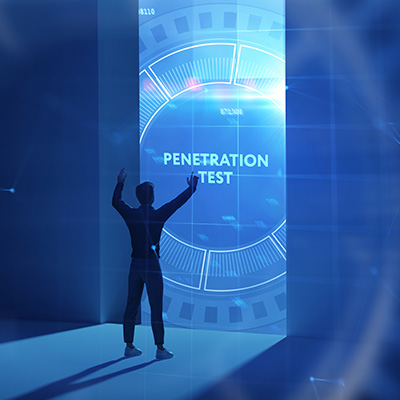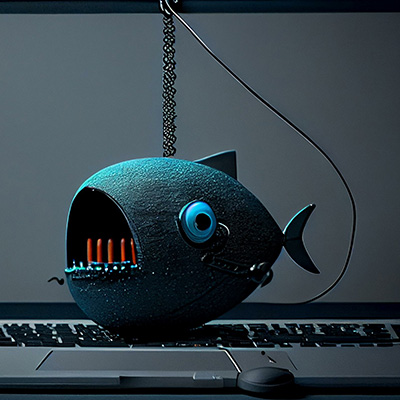A major nonprofit has disclosed a major data breach that has affected 890 schools across the United States. The National Student Clearinghouse (NSC) has announced that they have been the victim of a data breach that has put its clients’ data at risk. Let’s take a look at what this means.
Let’s talk a little bit about deepfakes. If you aren’t aware of this technology, deepfakes are essentially synthetic media. Typically they come in the form of videos or images that use artificial intelligence (AI) to replace a person’s likeness with another’s. With deepfake technology, people can convince an audience that a person said something they didn’t say. This deliberate digital subterfuge can bring with it a whole lot of problems. This week we will outline a few of them.
With Cybersecurity Awareness Month just around the corner, now seems to be the appropriate time to consider your own business’ cybersecurity. While there are many, many factors that contribute to how protected your business is against threats, one of the most impactful and insidious is how receptive your employees are (or aren’t) to security-centric behaviors.
Data privacy has never been such an important issue for businesses and individuals alike. In some places, calls for overarching legislation to protect consumers have often been met with significant pushback by lawmakers who are reluctant to put extra regulations on businesses, while others have passed important laws dictating how organizations handle individual data.
Encryption, like so many elements of cybersecurity, is often seen as just another buzzword that the public simply doesn’t need to concern themselves with… but as cyberattacks continue at their current rates, the opposite is the actual truth. Let’s talk about what encryption is, and why it has become more important than ever that it is put into practice in both professional and private life.
Data is commonly regarded as one of a business’ most valuable resources. As such, it is critical that you protect it from threats of all kinds, including data leaks. Data leaks are nothing to take lightly, as their impacts range from a serious hit to your business’ reputation to an equally serious hit to your business’ finances. Obviously, this is something to be avoided, so let’s discuss how you can do so.
Security is part of running your business where you have to adapt and make changes on the fly. One best practice that has always been a staple of any security infrastructure, however, is the virtual private network. The VPN might be important, but it’s one aspect of business technology that is changing thanks to the adoption of zero-trust access policies.
If you’ve spent any time at all reading our blog—or even looking at the topics we cover, for that matter—you’ve seen how often we talk about the importance of your business’s cybersecurity. The fact that we have to is frankly a little depressing. Trust me, I’d love to be able to spend all my time bringing your technology to the next level, instead of keeping ne’er-do-wells from undermining it. However, the reality is that every organization needs to focus on its cybersecurity, and this is becoming more and more the case all the time.
There are countless threats out there that can leave your business in a worse state than before, including viruses and malware, ransomware, data breaches, and other types of phishing attacks. It’s hard to go about your day without worrying about these types of threats, especially in today’s connected business world. However, the ones you need to watch out for most of all are the ones that are so personal you’d never expect them.
We aren’t shy in terms of talking about phishing, its dangers, and what can be done to prevent it. However, it can be too easy to focus directly on email phishing and exclude the many other forms that phishing can and often does take. Take, for instance, smishing.

